141. An Invitation for Innovation: Why Creativity Is Found, Not Forced
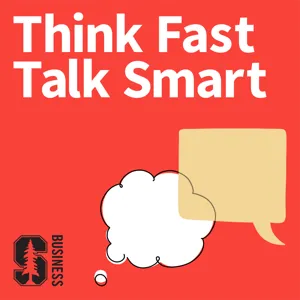
So you want to lead your team toward innovation. Does that require that you know where you’re going? Not according to Linda Hill.
Hill is a professor of business administration at Harvard Business School whose research focuses on leadership and how organizations achieve innovation. When it comes to generating breakthrough ideas, Hill says it’s less about a creative vision and more about stepping into the unknown. “Innovation [is] not about an individual coming up with a new idea,” she says. “Instead, innovation is the result of the collaboration of people with diverse expertise and diverse perspectives coming together, being able to collaborate, being able to experiment together and learn.”
In this episode of Think Fast, Talk Smart, Hill and host Matt Abrahams discuss how leaders can foster cultures and environments where innovation thrives — where teams use communication and collaboration to “co-create the future.”
Episode Reference Links:
- Harvard Business School Profile: Website
- Linda's books:
- Collective Genius: The Art and Practice of Leading Innovation
- Being the Boss, with a New Preface: The 3 Imperatives for Becoming a Great Leader
- Becoming a Manager: How New Managers Master the Challenges of Leadership
- Linda’s article on the value of collaboration & conflict: Collective Genius
- Communicator Linda admires: Vineet Nayar + Employees First, Customers Second
Connect:
- Email Questions & Feedback >>> thinkfast@stanford.edu
- Episode Transcripts >>> Think Fast Talk Smart Website
- Newsletter Signup + English Language Learning >>> FasterSmarter.io
- Think Fast Talk Smart >>> LinkedIn Page, Instagram, YouTube
- Matt Abrahams >>> LinkedIn
- Stanford GSB >>> LinkedIn & Twitter
Chapters:
(00:00:00) Introduction
Host Matt Abrahams introduces guest Linda Hill, an expert in leadership development and innovation from Harvard Business School.
(00:01:10) Leading for Innovation vs. Leading for Change
Fundamental differences between leading for innovation and for change, and the unique challenges required for innovation.
(00:02:53) Creating a Culture of Innovation
The essential components of a culture that promotes innovation, with focus on communication and collaboration.
(00:06:21) The Role of Shared Values and Purpose in Innovation
Shared values, and the distinction between vision and purpose within innovative organizations.
(00:09:43) Communication's Impact on Innovation
How effective communication facilitates innovation, including strategies for engaging diverse teams and the significance of storytelling.
(00:14:30) Conflict and Creativity in Collaborative Environments
The value of conflict in innovation, and how managing disagreements and diverse viewpoints can lead to more creative solutions.
(00:16:06) The Final Three Questions
Linda Hill shares practices to foster collaboration with others, a communicator she admires, and her ingredients for successful communication.
(00:19:54) Conclusion
See Privacy Policy at https://art19.com/privacy and California Privacy Notice at https://art19.com/privacy#do-not-sell-my-info.

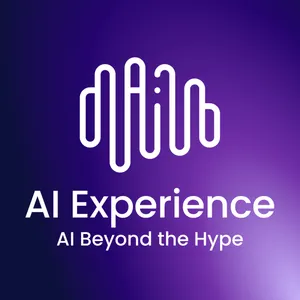


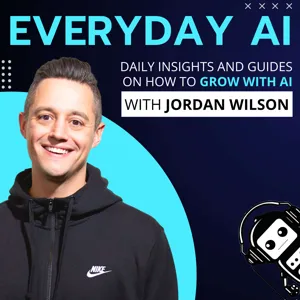

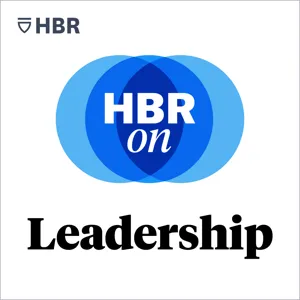





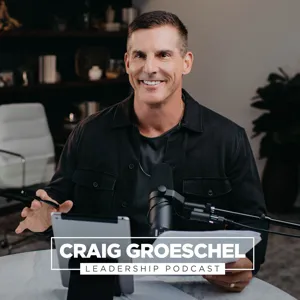


![The 6 Phases of CHANGE Vital Lockdown & Covid Concepts [Business, mindset, entrepreneur, disruptors]](https://www.podcastworld.io/podcast-images/disruptors-kt0uj0xy.webp)